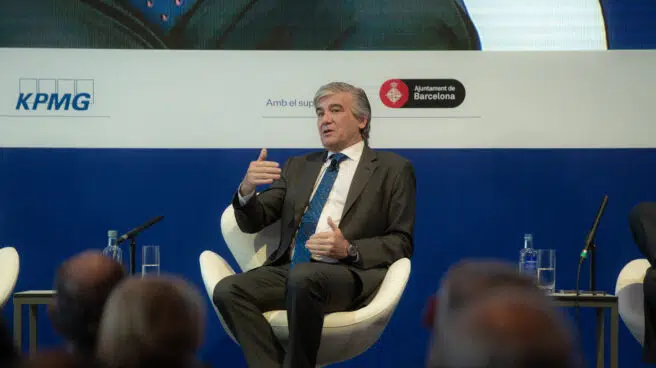The executive chairman of Naturgy, Francisco Reynés, has joined the Alliance of CEO Climate Leaders of the World Economic Forum, which brings together more than a hundred multinational executives from various sectors, united by their commitment to the energy transition and the decarbonization of the economy. Reynés has participated in the annual meeting of this Alliance as part of his attendance at the Davos Forum, which takes place this week in the Swiss city.
The Alliance of CEO Climate Leaders, created in 2014 to support and promote the Paris Agreement, works to channel actions from all sectors and to involve administrations, in order to jointly contribute to the economy reaching the goal of zero net emissions in 2050, as reported by Naturgy in a press release.
Reynés has valued participation in this global community of CEOs “because it is necessary for companies to be actively involved in the energy transition, together with the institutions and organizations that set the objectives and establish the policies to achieve them”.
Naturgy, an active agent in the energy transition
In 2021, Naturgy approved its current Sustainability Plan , with which the company is promoting its role in the energy transition and decarbonisation , with the ambitious goal of achieving emissions neutrality by 2050 and an installed capacity of renewable sources close to 60 % in 2025.
Naturgy advances on the decarbonisation path with the zero emissions target in 2050, with a new natural capital and biodiversity strategy as a definitive step in its commitment to fight climate change by reducing emissions and protecting biodiversity.
The company plans to invest 14,000 million euros in the period 2021-2025, of which approximately two thirds will be dedicated to promoting renewable generation, multiplying by three the current 5 GW in operation until reaching the nearly 15 GW forecast in 2026 .
The investments in renewables made since 2018 confirm the company’s strategic shift towards a more sustainable energy mix and its commitment to the energy transition. All this, without abandoning the fundamental objectives of value creation and growth for each of the businesses, as well as the ESG objectives, set and supervised by the Sustainability Commission of the company’s Board of Directors.
The company progresses in its commitments in environmental, social and governance matters with significant increases in its indicators. Thus, in the first quarter of this year , the emission-free installed capacity increased by almost 3% , thanks to the increase in wind installations, mainly in Spain and Australia.

